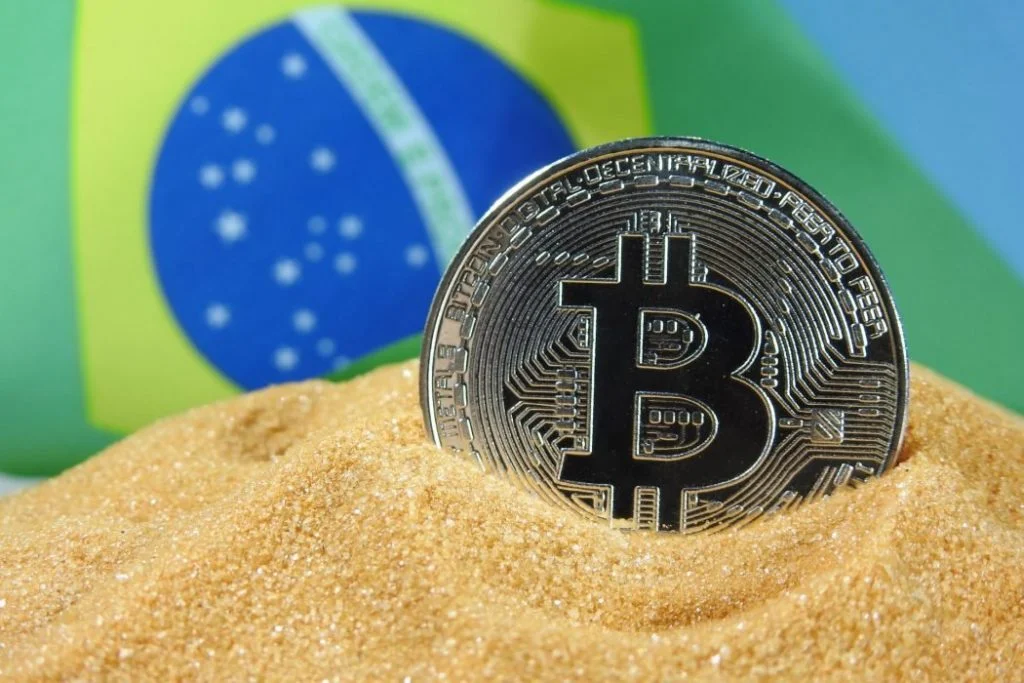The Bitcoin law which will regulate the cryptocurrency market in Brazil is expected to be adopted by the National Congress in the first half of this year.

In the first round of consideration, the legislation, which has been debated in the Chamber of Deputies since 2015, was adopted. It has been linked to another crypto-related law that has already been passed by the Senate’s Economic Affairs Committee.
Senator Irajá Abreu and Deputy Aureo Ribeiro, both rapporteurs in their respective legislative chambers for the aforementioned ideas, are currently writing a single text of the bill that will be given to the whole Senate for a vote.
“I’m working closely with the Chamber’s rapporteur, who did an excellent job.” The technical personnel of the Central Bank has also been quite helpful. Senator Irajá stated, “The texts are similar and have converged into one.”
Irajá further mentioned that the Senate’s president, Rodrigo Pacheco, is anticipated to bring the united bill up for a vote in April. He stated, “
“We accelerated the approval of this bitcoin milestone by bringing the projects together.” In addition to conforming Brazil to international agreements, there is a market desire for a safer business environment and the necessity for criminal classification to avoid fraud.”
Bitcoin will not become legal tender in Brazil if the measure is approved in the plenary, as it is in El Salvador.
About the ‘Bitcoin Law’
The proposed bill would empower the Brazilian president to appoint a government organization to implement cryptocurrency regulations. The president would either establish a new regulator or assign this authority to the Securities and Exchange Commission (CVM) or the Brazilian Central Bank (BC).
To avoid money laundering and asset concealment, the regulator would define market guidelines and establish norms in accordance with international standards.
For individuals who commit fraud in the supply of virtual asset services, the law recommends a penalty of four to eight years in prison, as well as a fine. A set of incentives for crypto miners to set up shop in Brazil is also mentioned in the bill. It recommends that ASIC imports into the country be tax-free.
However, given that energy prices in Brazil are among the highest in South America, and around five times more than in countries like Paraguay and Venezuela, this may not be enough to entice Bitcoin miners to the country.
